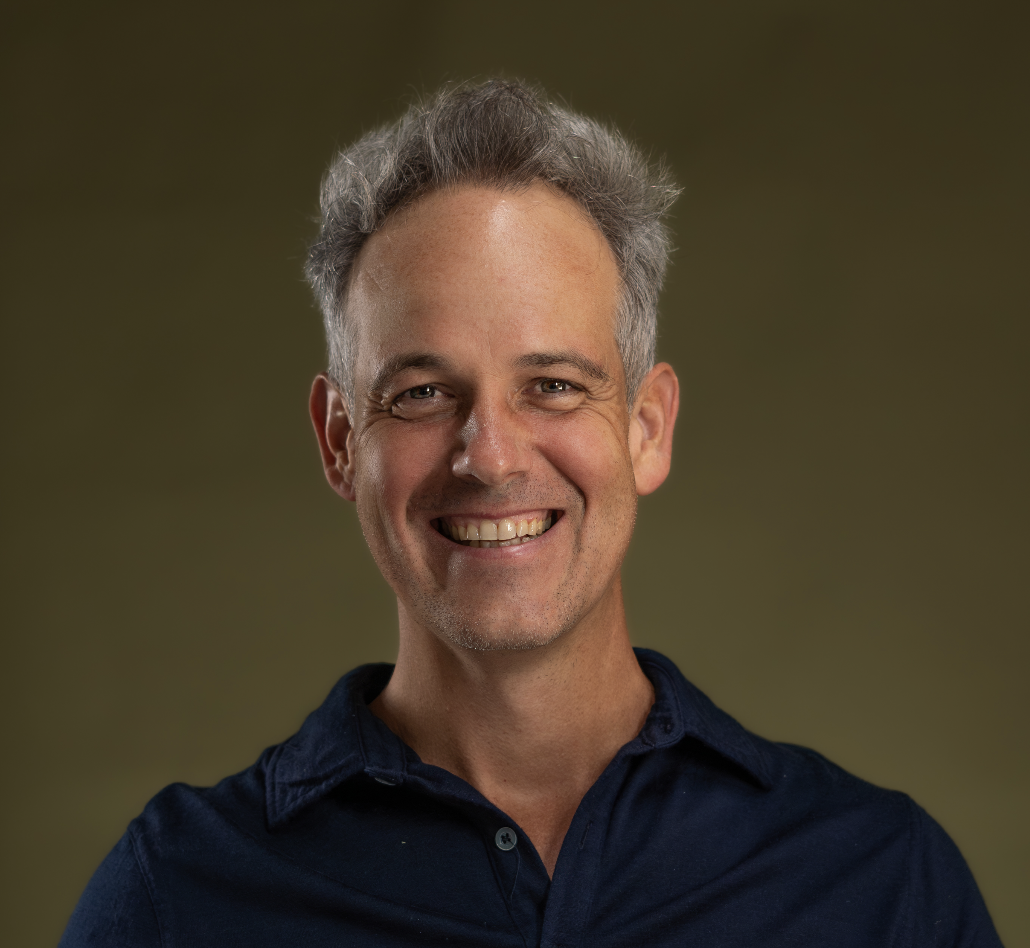I love learning. So it's fortunate that I find myself in an education business because there is a plethora of opportunities to learn in an industry that is changing so quickly.
One of these opportunities has been to work through Prabhu Subramanian's thesis entitled "Towards a massive online education: A Business Model Innovation for Elite Universities in the UK".
I suspect i'll find inspiration for several blog posts from Prabhu's thesis, but for the moment I have one i'd like to share.
I'm a marketer at heart, and so i've always been interested in what motivates people to study. In articulating the main need that we, at GetSmarter, satisfy for our customers we've settled on this statement: we help people advance their careers.
How do we do that? We work with prestigious University brands to put together high-quality online courses, and make certificates of completion available to students who pass. Students then use these certificates, which are basically a credible statement of their new knowledge, to advance their careers. This either happens through vertical advancement at their existing places of work, or horizontal advancement where they move to another place of work for a better / higher paying job. What's key here is that a significant portion of their motivation to study comes from the need to obtain a University certificate, which they can then use to advance their careers. So it is the desire to advance their careers that motivates them to learn. That's quite different from someone who just wants to become a better Project Manager, enhance their writing skills or put together a killer internet marketing strategy because it interests them to do so.
In reading Prabhu's thesis, he explains that there are two main forms of motivation for learning: intrinsic and extrinsic.
Intrinsic motivation is a strong interest to develop deeper knowledge. This type of motivation is internally focussed and, in it's purest form, speaks for people who want to improve their knowledge without concern for external pressures. I recognise now that when I was at school, kids who had strong intrinsic motivation to learn were labelled as nerds or geeks.
Extrinsic motivation speaks to external factors such as career prospects, or pressure from family or society. This is the reason most young people go to University, and it's the reason many people complete MBAs and other executive-level courses. People perceive a direct link between learning and advancing their careers - if I study this, I will stand a good chance of being employed or getting that promotion.
I don't think the question of motivation is binary. Everyone's motivation to learn is probably made up of a combination of both intrinsic and extrinsic factors. But I do believe there is a bias towards extrinsic motivation for learning throughout society at large. In other words, we are more motivated to learn by external influences than we are by internal influences.
So, after reading this excerpt from Prabhu's thesis, I began thinking about the future of learning, and specifically if extrinsic motivation will continue to dominate as the primary type of motivation for people to learn.
I don't believe it will.
In a knowledge economy, where increasingly what separates us from the person next to us is our competencies and skills, intrinsic motivation has to be the smart approach to our personal learning journey. And it's not that extrinsic motivation is inherently bad. It's just that it feels to me like if we rely on extrinsic motivation for learning that we're outsourcing our responsibility for learning to something outside of ourselves. Whether it be our career, our family or greater society, it's not coming from within us. Whereas intrinsic motivation speaks to a desire to develop ourselves from within, and it has us taking personal responsibility for our learning every day. This is hugely powerful as a tool to effect our personal development.
There are two further drivers worth considering:
- People are becoming more empowered through the increased availability of knowledge tools and the ongoing democratisation of knowledge.
- Employers are increasingly employing people for their demonstrable competencies and ability to learn instead of their school-related credentials.
1 makes it easier for us to execute on our interest in learning. Don't know something? Google it! Want to discuss your views on a subject and get input from others? Engage in a niche social network, write blog posts and invite feedback.
And 2 places the responsibility for learning on us instead of our employers or other external factors. Learning is just like any other competency - it can be improved with practice, and our ability to learn is going to be high up on employers' criteria for hiring.
This brings me to what I think is a key insight: If going to University used to be the equivalent of taking out an insurance policy against slipping through society's cracks, the new insurance policy is to adopt an intrinsic motivation for learning. It's easier to do now than ever before, and it's available to anyone who has access to the internet and it's knowledge tools. And it's no longer enough to outsource responsibility for our learning.
Perhaps a test of whether intrinsic motivation for learning begins to dominate is when kids abandon the idea of geeks and think it's cool to learn new things and get smarter. I suspect it's happening already.




